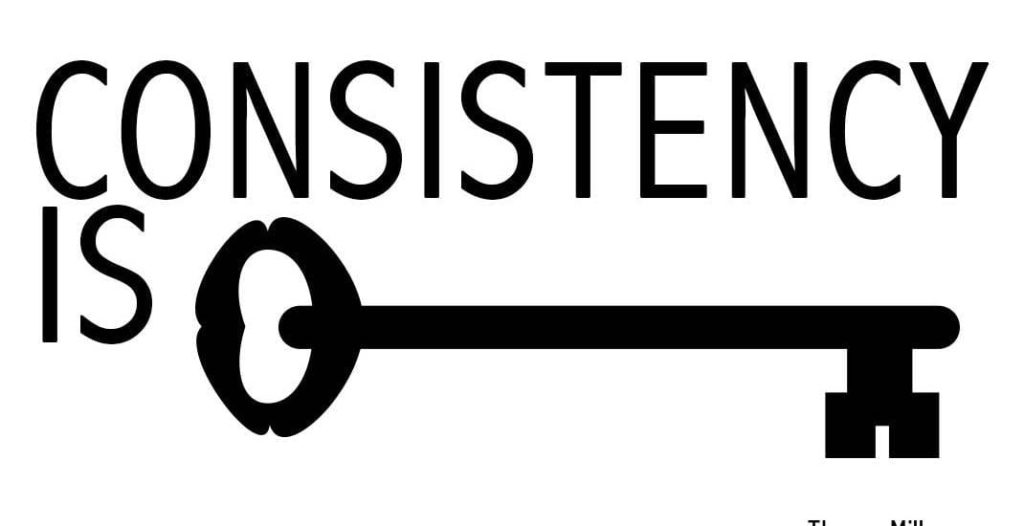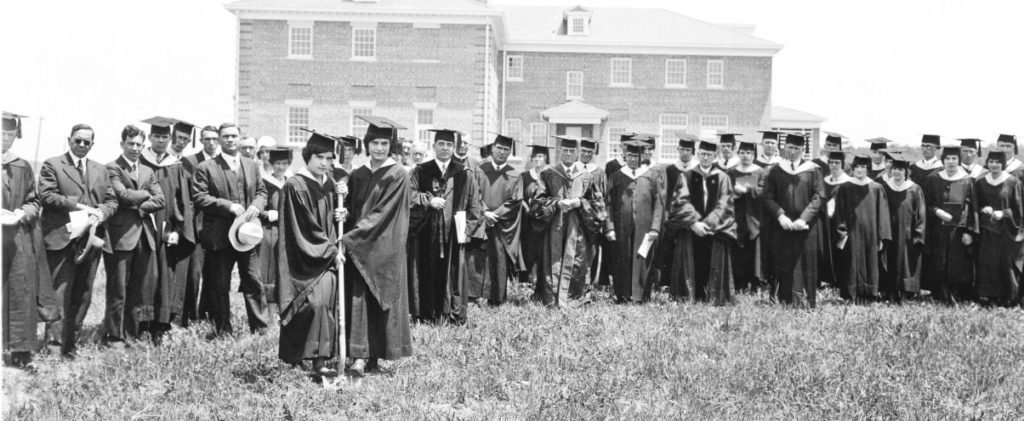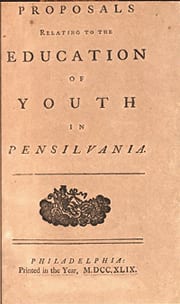“Even if you’re not interested in free speech, free speech is interested in you.”
Sigal Ben-Porath – a professor in the Graduate School of Education at Penn State University
With the increased use of social media and the revival of free speech zones on U.S. campuses, college students are increasingly feeling “blocked.” According to a recent Gallup survey of U.S. college students, sponsored by the John S. and James L. Knight Foundation and the Newseum Institute, 57% of college students say that the climate on campus prevents students from saying what they believe because others might find it offensive. However, the survey also revealed that college students in the U.S. are confident that First Amendment rights are fairly secure. These 10 tips will assist students in finding a college that is more likely to allow them to share their opinions freely.
QUICK LINKS
- Identify what is important to you.
- Research school culture
- Ask Questions!
- Look at the School’s History
- Look for Consistency
- #MeToo
- Read the Founding Principles
- Free Speech Zone?
- Check Direction
- Know Your Rights
Identify what is important to you.
Before choosing a college, potential students should identify which aspects of their personalities are the most important to them. These aspects could involve race or religion, be political or personal. Thinking back to high school or life experiences can help in selecting the issues which will affect one most deeply. Identifying their feelings, opinions, and beliefs will help future college students to choose the environment that they require in order to succeed in college.
Many people haven’t positively identified the most important beliefs in their life. A few examples could be:
- Independence
- Family/Friends
- Prestige/Status
- Spirituality/Faith
Research school culture
Once future students have identified what is most important to them, they are able to focus more on evaluating specific school cultures. First, making a list of schools that have specific resources that foster a belief system. Then, narrow down the selection of schools, based on research, that would give you the freedom to express your views.
However, colleges that are trying to expose students to many different perspectives should not be ruled out. A free speech environment provides space for multiple viewpoints even if an institution, such as a religious college, generally follows a set ideology. Look at the resources available at a college to ensure support if discrimination occurs.
Researching school culture can also be done by:
- Reading news reports, student newspapers
- Attending overnight or bridge programs
- Check bulletin boards to see which activities are promoted
- Read blogs written by students, former students or promoted by the school
Ask Questions!
Contact people to get a feel for the climate of a university. Social media can help prospective students connect with alumni and current students with similar backgrounds. Ask questions about:
- Extracurricular activities
- How underrepresented students with unpopular ideologies are treated
- The local thoughts on issues like politics, religion, and race
- Local business and support groups for students outside of campus
If you are able to stay on campus during overnight or bridge programs, ask current students in common areas about their experiences and stay open to their belief systems during the conversation in order to get a feel for the environment on campus. It can also be helpful to ask questions also of local religious and group leaders as well as department heads.
Look at the School’s History
Some colleges and universities have a long-standing reputation for limiting free speech. Each year the Foundation for Individual Rights in Education (FIRE) puts out a list of the ten worst colleges for free speech. Some schools have made the list multiple times and some have even earned a “lifetime censorship award.” Look at the type of behavior that puts schools on this list and apply these types of censoring behaviors to other schools that you are looking at to see what kind of environment you will be in.
Harvard University, which has made the list four times has a high academic reputation. However, FIRE gives it a red light speech code rating. These ratings are given based on how a school has handled free speech issues during the year. If a school has made the list multiple times, it may have a history of stifling free speech. Google the university you are interested in and follow up on what you find, like old new articles or blog posts.
Look for Consistency

Colleges that have developed clear policies and followed them tend to have the best environments for free speech. When researching a school’s history look for consistency in how they deal with controversial events and opinions. Does a school have a policy for its students that has been violated? What about its professors? When a college finds loopholes in its own policies in order to expel students, deny applicants or fire professors, that will likely be a red flag for free speech.
Another red flag is the revision of school policy surrounding a controversial school decision. According to FIRE’s website, Northwestern University, which has made FIRE’s top ten worst colleges for free speech, has taken steps to revise school policy after two controversial free-speech events with professors. Changing school policy for isolated events doesn’t lend itself to a consistent free speech environment at a school.
#MeToo
Deserving of consideration on this list of tips is the MeToo movement. MeToo is an international movement against sexual harassment and assault. Many courageous victims have been able to have their voices heard and expose offenders through the support of this movement. The MeToo movement is related to free speech on a college campus since sexual harassment and assault often go unreported through fear of recrimination or shame and also since complaints are overlooked and not handled properly by the institution.
According to the 2015 Association of American Universities survey, 23.1 percent of undergraduate women experienced an “incidence of sexual assault, and sexual misconduct due to physical force, threats of physical force or incapacitation.”
Does a college have a history and policy for investigating complaints? Has a school protected its athletes and professors from the investigation? If a college has been known to intentionally ignore solid evidence, it may not have the network in place to create a safe environment for students to speak up against sexual harassment or assault.
Another free speech issue associated with MeToo is defamation. Does a college have policies to protect those who are wrongly accused?
The website, Inside Higher Ed, discusses the impact that the MeToo movement is having on free speech on college campuses which may give those looking for a free speech environment helpful hints in what to look for.
Read the Founding Principles
Related to researching the history of a school, reading the founding principles of a college or university will give good clues as to the projection of the school’s stance on free speech.
For example, the University of Pennsylvania receives a speech code rating of green by FIRE. A green light institution “are those colleges and universities whose policies nominally protect free speech.” The University of Pennsylvania was founded by Benjamin Franklin and influenced by his famous essay, Proposals Relating to the Education of Youth. The University of Pennsylvania officials say that the Ivy League school is upholding the tradition begun by Franklin. The school said in a statement that “The University of Pennsylvania is committed to the free exchange of ideas…a principle of our founder Ben Franklin and…central to the mission of any great university.”
In order to read the founding principles of a school, find the heritage or history page on the school website and see how free speech affected its inception.
Free Speech Zone?
Potential students should determine what they think about free speech zones. Free speech zones, according to Wikipedia, are areas set aside in public places for the purpose of political protesting. They are also known as free speech cages, protest zones and First Amendment zones.
Popular with university administration during Vietnam, free speech zones on campus limit student protests and demonstrations to select areas of the campus called free-speech zones. In the last years, free-speech zones have again been on the rise on campuses throughout the United States. Those advocating these zones see the primary function of a university as education and are interested in preventing student activism from disturbing that learning environment. Arguments against free speech zones include the idea that the whole campus ought to be a free speech zone and that proper education can’t take place without a free exchange of ideas.
Deciding where they stand on free speech zones may assist potential students in choosing a college that they believe will grant them free speech.
Check Direction

The University of California, Berkeley, and De Paul University both made it on the list of “America’s ten worst colleges for free speech: 2018.”
Berkeley, after revising its policies on campus expression 53 years ago due to the pressure of the Free Speech Movement, is still having trouble creating a free-speech atmosphere. In February of 2017, students were responsible for $100,000 of damages and the canceling of the scheduled speech of Milo Yiannopoulos. When Ann Coulter and Ben Shapiro were scheduled to speak later that year, the university spent a combined 1.4 million dollars on security. Berkeley also hired a new chancellor who declared a “Free Speech Year,” and implemented a new policy that eliminates some of the red tapes when hosting an on-campus event.
De Paul University, which has earned a lifetime censorship award from FIRE, also had a scheduled appearance by Mily Yiannopoulos. However, rather than attempting to secure the rights of speakers invited to their school, De Paul demanded that the College Republicans pay for 20 security officers for the event. These officers did nothing to prevent disruptions and the speech was canceled. When contacted by FIRE, De Paul gave no response. In the same year, De Paul forbade a group from using the slogan “Gay Lives Matter.”
Though one may reasonably argue that Berkeley does not have a free speech environment, keeping an eye on current events and how a college reacts to them can give one an idea of the direction that administrators in a college are trying to steer toward.
Know Your Rights

Not only will knowing your rights on campus help you to choose a college or university that promotes free speech, it will also prepare you as a potential student for life on campus once you enroll. Here are some of the basic categories to explore in order to learn about the rights a student has on campus:
- Due Process on Campus
- Due process means that fair procedures must be followed before someone is accused of wrong-doing. FIRE offers a free Guide to Due Process and Campus Justice.
- Unprotected Speech
- Although the American Constitution strongly promotes free speech there are certain limitations such as (among others):
- Defamation
- Harassment
- True Threats
- Although the American Constitution strongly promotes free speech there are certain limitations such as (among others):
- Freedom of Conscience/Thought Reform
- Religious Liberty
- Free Speech in Public or Private Universities
- Find out how free speech rights differ in public or private universities






